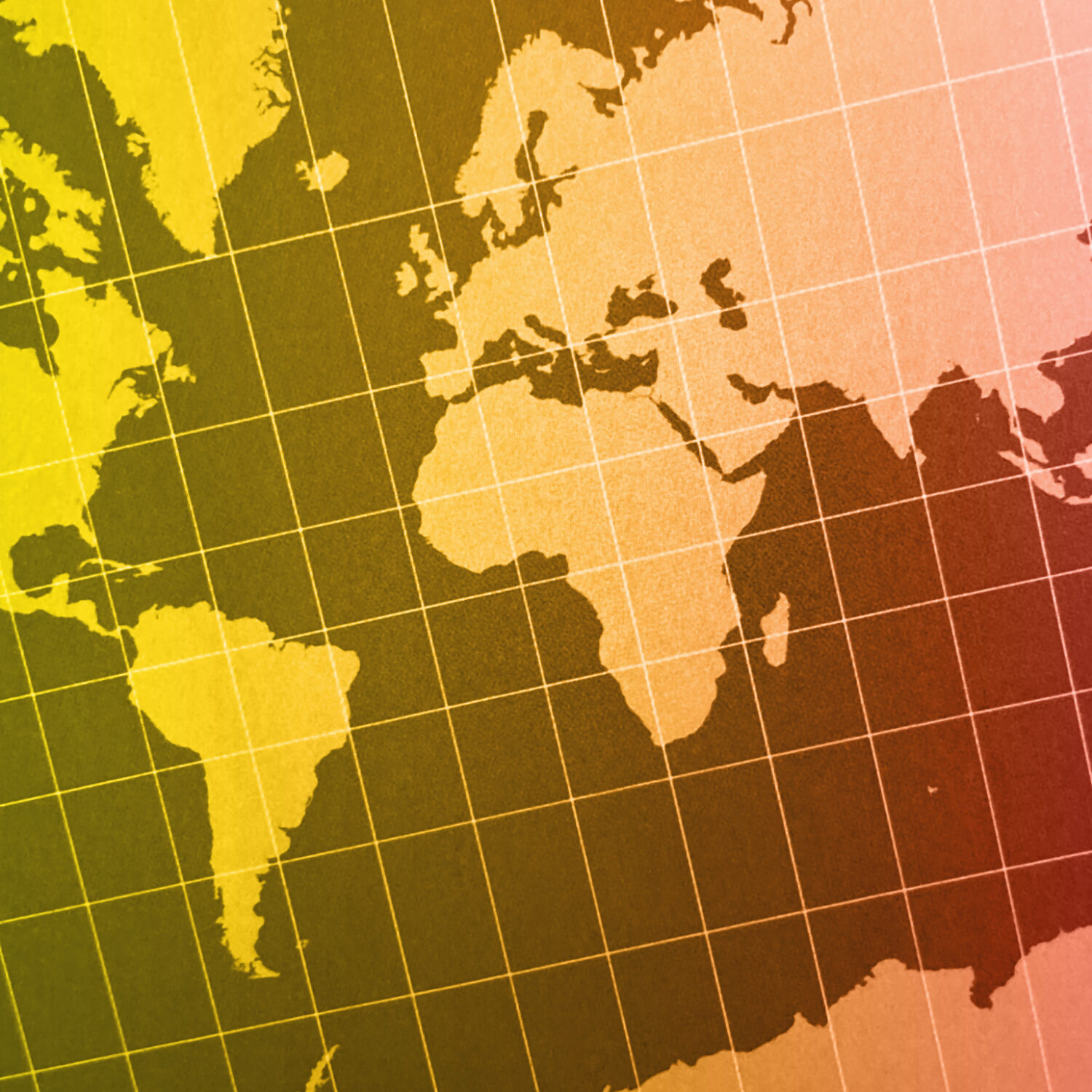Themed article
Exporting Swiss innovations
Making money with the Swiss brand – but not at any price
Whether it’s in traditional Swiss export markets such as the watch and chocolate industries or in medical products and specialised engineering know-how, goods and services can be marketed successfully worldwide under the “Swissness” label. Swiss companies have been noted for their precision and reliability for decades. Their goods and services are associated with exclusivity, tradition and quality.
This good reputation inspires confidence and influences consumers’ purchasing decisions. As studies have shown, goods and services associated with Switzerland can be positioned in a higher price segment. For example, consumers are willing to pay up to 20 per cent more for natural agricultural products with a Swiss label, and up to 50 per cent more for luxury goods, according to studies conducted by the Swiss Federal Institute of Intellectual Property (IPI) at ETH Zurich and the University of St. Gallen.
It is also clear that free-riders who have little to do with Switzerland are also hoping to make a big profit using a Swiss label. To prevent abuse of the Swiss brand, “Swissness” legislation came into force at the beginning of 2017. At the heart of this are more precise rules in the Trademark Protection Act defining under what conditions a product or service may be designated as Swiss. “At least 60 per cent of manufacturing costs must be incurred in Switzerland. This includes, for example, the cost of materials and production, but also research and development costs,” explains Dr Thierry Calame, member of the Board of Directors of Innosuisse and an expert in trademark and patent law. In addition, the activity that gives the product its “essential characteristic” must also be carried out in Switzerland. “It’s relatively difficult to calculate the “Swissness share”. But at the end of the day, it’s always about not misleading or deceiving the consumer.

Dr Thierry Calame
member of the Board of Directors of Innosuisse and an expert in trademark and patent law
“You are allowed to be creative”
The lawyer advises various companies on the subject of Swissness. The fact that research and development for a product was done in Switzerland is increasingly important, according to Calame. If you want to focus on “Swissness” in marketing, you often have to be flexible, he says. For example, it is not enough for a bag manufacturer to develop, conceive and design its products in Switzerland and also use Swiss leather. If the bags are then produced abroad, the Swissness criteria are no longer met and the company may not label its products “Made in Switzerland”. Nevertheless, it does not have to forego the Swiss brand altogether: “It can still use the ‘swiss designed’ label. So you can definitely be creative, Calame says. But it is important that the activities highlighted are carried out 100 per cent in Switzerland.
The “Swissness” law can only be enforced in Switzerland. When Swiss companies launch products abroad, they must comply with foreign laws and meet the requirements that apply in the respective country. One basic rule Innosuisse board member Thierry Calame advises entrepreneurs looking to export: “If you follow Swiss rules – i.e. you don’t deceive or mislead – you won’t have a problem abroad. That’s because Switzerland has the strictest rules.”
On the website of the Institute of Intellectual Property, a company can calculate whether it may put the Swiss branding on its products. Click here for the Swissness calculator.


